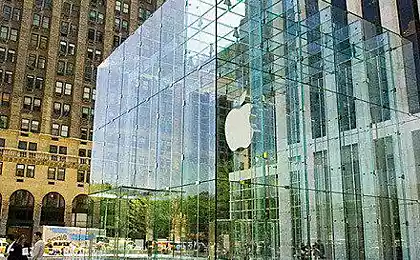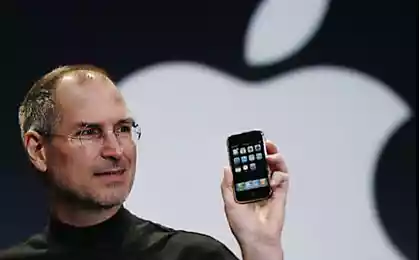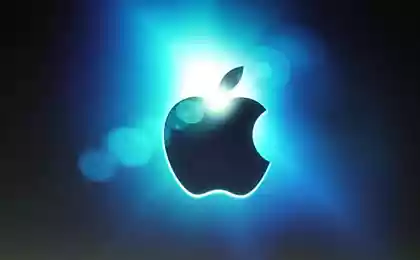142
Apple has banned the use of two chemicals in the assembly of the iPhone
Apple has banned the use of two potentially dangerous chemicals in the final assembly of the iPhone and iPad. The decision is part of the company’s commitment to protecting the health and safety of factory workers who assemble popular and fashionable mobile devices around the world.
The decision comes five months after a petition from environmental groups China Labor Watch and Green America asked Apple to stop using benzene and n-hexane in its phones.
According to the company, a four-month investigation at 22 enterprises found no evidence that the use of benzene and n-hexane endangers the lives and health of about 500,000 workers. No traces of the chemicals were found at 18 plants and at four plants the levels were within safe limits. However, Apple has ordered its suppliers to stop using benzene and n-hexane in the final assembly of phones, players, Mac computers and various accessories. Moreover, the company required its factories to test all materials for the presence of these chemicals, even if these materials are not listed among the components of the devices.
Benzene is a carcinogen that can cause leukemia when mishandled, and n-hexane is a cause of neuropsychiatric disorders. These chemicals are found in solvents that are used to clean equipment and electronics.
Apple maintains the use of these two chemicals in the early stages of manufacturing its products, meaning hundreds of other plants in the company. However, as an additional precaution, the company plans to reduce the maximum levels of benzene and n-hexane in the materials used on these production lines. “This is all we can think of to eliminate exposure to chemicals and respond quickly to problems,” said Lisa Jackson, Apple’s vice president of environmental initiatives.
It is worth noting that not only Apple uses benzene and n-hexane in the manufacture of their products. Most other major technology companies also use these chemicals in their electronics products, for which they have been criticized. In addition, benzene in low concentrations is present in gasoline, cigarettes, paints, adhesives and detergents.
Source: www.ozemle.net
The decision comes five months after a petition from environmental groups China Labor Watch and Green America asked Apple to stop using benzene and n-hexane in its phones.
According to the company, a four-month investigation at 22 enterprises found no evidence that the use of benzene and n-hexane endangers the lives and health of about 500,000 workers. No traces of the chemicals were found at 18 plants and at four plants the levels were within safe limits. However, Apple has ordered its suppliers to stop using benzene and n-hexane in the final assembly of phones, players, Mac computers and various accessories. Moreover, the company required its factories to test all materials for the presence of these chemicals, even if these materials are not listed among the components of the devices.
Benzene is a carcinogen that can cause leukemia when mishandled, and n-hexane is a cause of neuropsychiatric disorders. These chemicals are found in solvents that are used to clean equipment and electronics.
Apple maintains the use of these two chemicals in the early stages of manufacturing its products, meaning hundreds of other plants in the company. However, as an additional precaution, the company plans to reduce the maximum levels of benzene and n-hexane in the materials used on these production lines. “This is all we can think of to eliminate exposure to chemicals and respond quickly to problems,” said Lisa Jackson, Apple’s vice president of environmental initiatives.
It is worth noting that not only Apple uses benzene and n-hexane in the manufacture of their products. Most other major technology companies also use these chemicals in their electronics products, for which they have been criticized. In addition, benzene in low concentrations is present in gasoline, cigarettes, paints, adhesives and detergents.
Source: www.ozemle.net






















